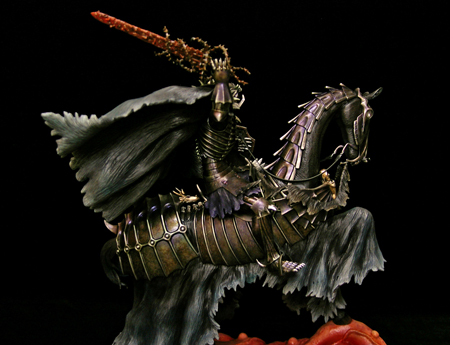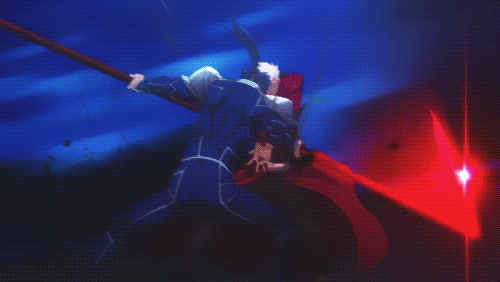Her confession is a troubling plot point for me too. This topic has been on my mind for a while now too....
I like your idea that is wasn't a lie or the truth. I tend to think that her choosing Naruto, hoping to sway him to return home, was part of her plan to protect Naruto/stop Sasuke/save-them-from-themselves-and-each-other, but when she actually confessed, it turned into something she hadn't quite bargained for: the truth about her own feelings (that she hadn't even admitted to herself).
It's been a while since someone has written such a thoughtful, in-depth post on Sakura's confession so thank you for that. (Thanks to RomanceGirl, too!)
One of the things I love about the way Kishimoto wrote it is that it resists definitive analysis, and continues to be something for fans to reflect upon and question as new information surfaces. I don't know if he planned for it to be as complex as it turned out, but it's really a thing of beauty in that it moves the pairing forward and yet it doesn't.
I agree with what you said, particularly about Sakura's honesty. Not only did Kishimoto go on record as saying she was an honest girl, but his reaction to fans not understanding her or her motives underscores his intention to characterize her as perhaps stumbling and uncertain and artless, but honest nevertheless.
Likewise, I've said this before but by her own thoughts and words -- immediately after Sai's revelation of Naruto's love for her and Shikamaru's insistence that the time had come to confront Sasuke's lawlessness -- she recognized that she had been thinking wrong, and vowed not to make any more mistakes.
Why would a girl who believed she had been "getting it wrong" and was determined not to screw up then turn around and immediately go to Naruto and lie to his face? Why would she say she loved him in front of witnesses, and place his welfare above Sasuke's or even her own, if she didn't mean it?
In truth, I find comfort in the discomfort of her confession. As she said, it's not easy for a girl to confess her love. It wouldn't be easy to do for anyone, especially under those circumstances, and she felt compelled to tell Naruto things that didn't make her look good and left her vulnerable -- i.e., admitting she had been stupid about Sasuke, and that she finally woke up and chose Naruto.
How would anyone say that -- especially in front of other people? She had to expose herself to criticism and disbelief that her change of heart was real and true. There was no other way to do it.
And, as you said, Naruto was not only still stuck in the past in terms of accepting that things could and had changed, but he was sorely lacking in sensitivity in his reaction. He hasn't had an easy time of it, considering he grew up without much in the way of expressed love, tenderness, or feeling as if he could possibly be at the center of anyone's heart. But it was Kishimoto's way, I believe, of showing Naruto's own issues and immaturity, and it was remarkably effective.
There are many overused tropes out there that make no sense but continue to be reused over and over again.
Yes. My favorite overused and nonsensical trope is the time travel paradox. It's used in fiction a lot, and often makes for an interesting story, but... yeah. Most of the time they're written in a way that actually doesn't work if it is logically deconstructed.
Edited by KnS, 26 February 2014 - 09:17 PM.
Besides, Naruto's revival might trigger a NS moment and no one is there to interrupt it.

































